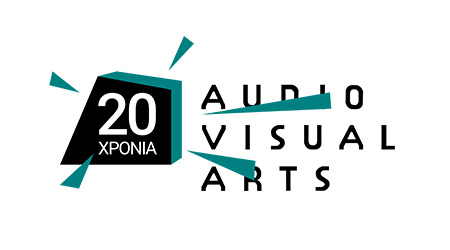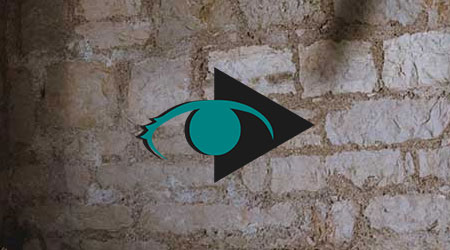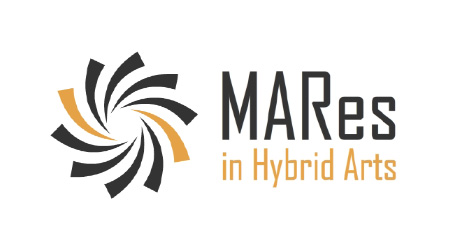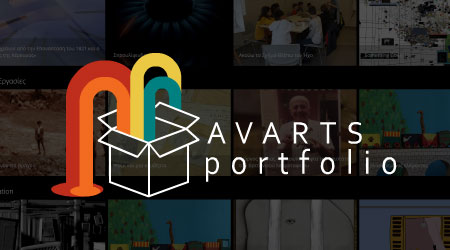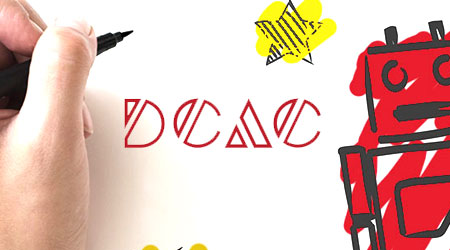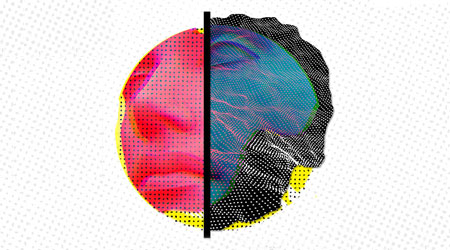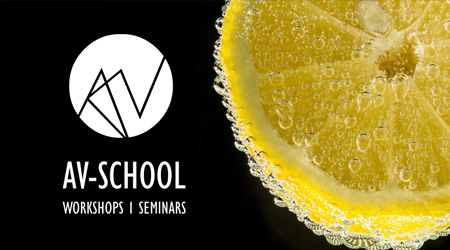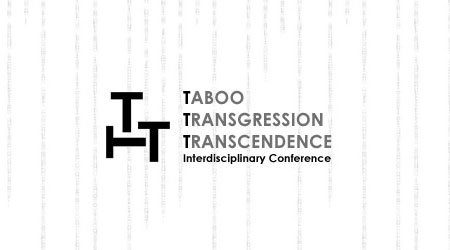Design & Development of Video Games
Teaching Staff: Komianos Vassilis, Garneli Varvara
Course Code: AVA942
Course Category: Deepening Knowledge
Course Type: Elective
Course Level: Undergraduate
Course Language: Greek
Delivery method: Lectures
Semester: 9th
ECTS: 5
Teaching Units: 3
Teaching Hours: 3
E Class Page: https://opencourses.ionio.gr/modules/contact/index.php?course_id=144
Teaching Structure:
| Activity | Semester Workload |
|---|---|
| Lectures | 13 |
| Lab Lectures | 26 |
| Literature Study and Analysis | 56 |
| Practice and Preparation | 30 |
| Course Total (ECTS: 5) | 125 |
Recquired / Recommended : (AVA341), (THE601), (TEC611), (VIS630), (AVA641), (AVA745), (AVA846)
The course describes the modern video game design and development process. Various games and platforms are used to present and focus on the development of new gaming experiences including augmented and virtual reality platforms. Research and development issues that include the transformation of an idea to a gaming experience, the design processes for the development of a sound game structure is analysed including issues relating to scoring, rules and strategies that need to be implemented in order to create a rewarding experience. Immersion issues are also discussed involging the process that covers the period between purchasing the game to the date that the player stops playing. The course examines specific categories of games in relation to real-world applications (cryptography) and games using mixed media and multiple forms of interaction.
Students who successfully complete the course will know how to implement the following: analysis of the game characteristics, description of objectives, planning & action design, appropriate selection of implementation platform for a new game, design and creation of the user environment, character configuration, score design, design of the gaming experience, creation of a test game based on each indicidual students' programming skills in environments that include: MIT Scratch, Unity3D, Unreal Engine and others.
Week 1: Introduction
Week 2: Games in practice - playing without the computer
Week 3: Types of computer games, examples
Week 4: Playing games - Test AR - VR games in the classroom, recording characteristics (A)
Week 5: Describing the game experience
Week 6: Playing games - Test AR - VR games in the classroom, recording characteristics (B)
Week 7: Game Design - Opinion Student
Week 8: From Ideas to Game characteristics (turning a story into the game)
Week 9: Choosing the Right Platform
Week 10: Presentation of Game Environments & Tools
Week 11: Content Creation and Conversion of Existing Games
Week 12: Media Creation
Week 13: Game Presentation
The books listed are distributed in Greek language. Please contact the professor of the course should you require particular references in your language for easier reading.
Μιχάλης Λυγκιάρης & Γιάννης Δεληγιάννης: Ανάπτυξη Παιχνιδιών, Σχεδιασμός Διαδραστικής Αφήγησης, Θεωρίες, Τάσεις και Παραδειγματα, Fagotto Books, 2017.
The course is taught through lectures and lab sessions. The lectures examine the theoretical part by providing examples and analyze good and bad design practices. Students are encouraged to participate in the lecture, present and elaborate on their ideas and experiences for the design and evaluation of physical and virtual game systems.
The practical part is completed in laboratory course format during which students complete individual or group projects. This work is mainly designed individually with each student featuring a unique them that has to be completed and delivered at specific dates or at the end of term. In special cases a group exercise may be set featuring distinct roles for each team member.
Enhanced by multimedia content.
The learning process is supported by the asyncrhonous e-learning platform e-class.
The exercises can be completed in English.
Progress in this course is assessed during the semester by quality implementation and timely submission of the required work and participation in the course activities (presentations, visits, projects, experiments). Submitted work is rated for the quality and scope of the implementation, proper formatting and completeness of the presentation that is often required to be implemented by the students to present the results of their research as part of the lecture. Work sent via other communication channels such as e-mail, social media will not be considered. Students are responsible to seek clarification if they do not understand the assignment and solve their queries during the course laboratory. In order for students to receive their final grade, they must submit a signed statement stating that their work does not contain plagiarism and it was solely created for this particular course. They must also sign the marking form provided by the lecturer during the exam period.
Students who do not complete the course and fail for a specific term, can complete and submit the work requested during the most recent semester. As the course progresses from year to year, they should always enquire about the latest exercises which should be present within the e-class system. Those exercises are submitted during the examination date as it is programmed centrally by the department and the students should also sign the form provided during the examination in order for their work to be evaluated and receive the final mark.
Back
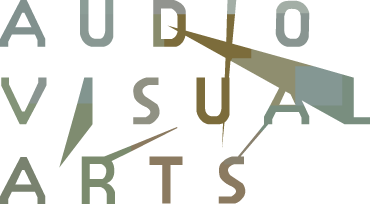


 Design & Development of Video Games
Design & Development of Video Games
